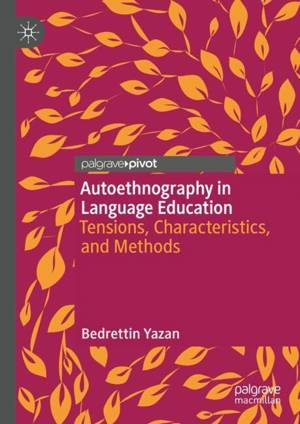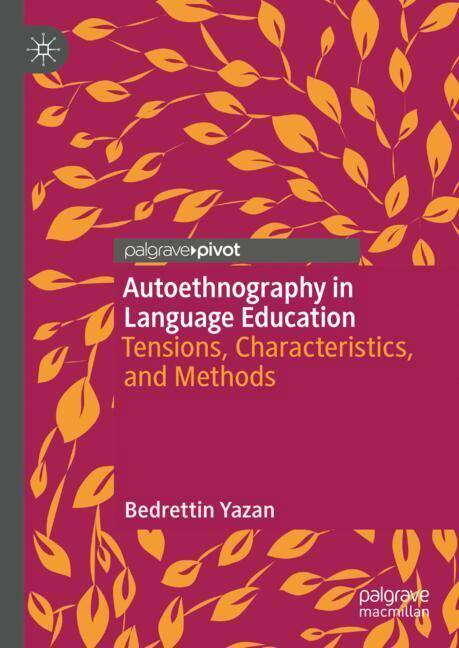
- Retrait gratuit dans votre magasin Club
- 7.000.000 titres dans notre catalogue
- Payer en toute sécurité
- Toujours un magasin près de chez vous
- Retrait gratuit dans votre magasin Club
- 7.000.000 titres dans notre catalogue
- Payer en toute sécurité
- Toujours un magasin près de chez vous
Autoethnography in Language Education
Tensions, Characteristics, and Methods
Bedrettin YazanDescription
This book presents an exploration of autoethnography in language education research as a qualitative method with the potential to decolonize language education practices and include marginalized scholars in knowledge generation. The author situates the method of autoethnography within the field, arguing that it has taken too long for autoethnography to be considered an established research method in language education in particular and in educational research in general. He then addresses tensions at the macro and micro levels of autoethnography, discusses its characteristics, and describes the processes and procedures involved in conducting autoethnographic research. This book will be of interest to graduate students and scholars in language education and related disciplines such as anthropology, communication studies, sociology, and broader educational research.
Spécifications
Parties prenantes
- Auteur(s) :
- Editeur:
Contenu
- Nombre de pages :
- 112
- Langue:
- Anglais
Caractéristiques
- EAN:
- 9783031574634
- Date de parution :
- 18-05-24
- Format:
- Livre relié
- Format numérique:
- Genaaid
- Dimensions :
- 155 mm x 208 mm
- Poids :
- 294 g







